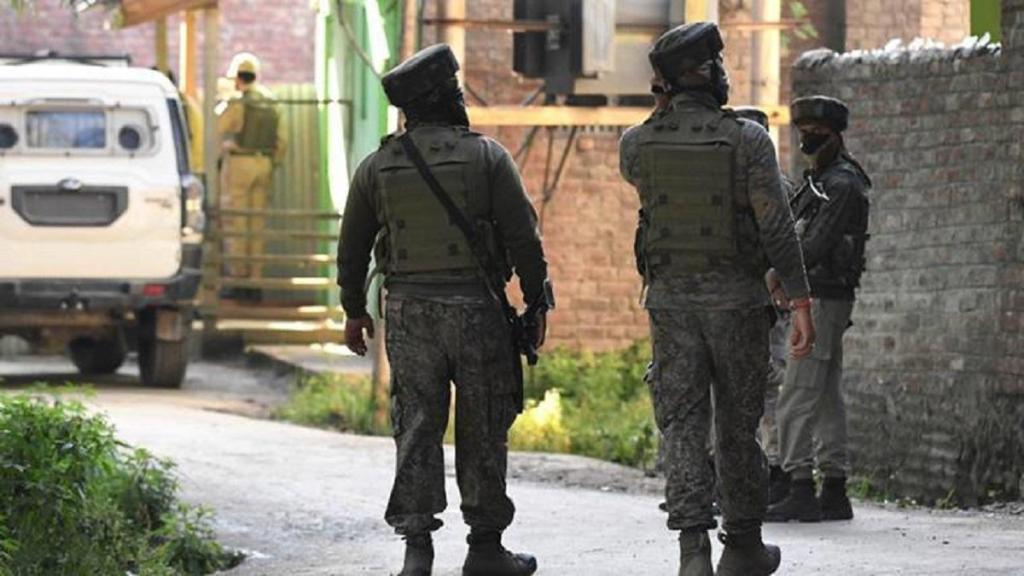Lashkar-e-Taiba’s most wanted terrorist, Abu Qatal, was killed in Pakistan on Saturday night by an “unknown” attacker in the Dina area of Jhelum district in Punjab province of Pakistan, according to a report in News18. A key operative of the terror outfit, Qatal was infamous for orchestrating multiple attacks in Jammu and Kashmir.
Who Was Abu Qatal?
According to the NIA, Abu Qatal was a Pakistani national. The agency stated that he entered India between 2002 and 2003 and was active in the Poonch-Rajouri region alongside other terrorists.
Investigations have revealed that Nisar, another accused named in the charge sheet, came into contact with Abu Qatal during his stay in India. Even after Abu Qatal returned to Pakistan, Nisar maintained communication with him.
A close associate of 26/11 Mumbai attack mastermind Hafiz Saeed, Qatal played a pivotal role in the June 9 attack on a bus carrying pilgrims returning from the Shiv Khori temple in Jammu and Kashmir’s Reasi district. The attack was executed under his command.
On January 1, 2023, a terror strike targeted civilians in Rajouri’s Dhangri village, followed by an IED blast the next day. The twin attacks claimed seven lives, including two children and left many others seriously injured.
The NIA charge-sheeted five accused in the Rajouri attack case, including three Pakistan-based handlers of the banned Lashkar-e-Taiba (LeT). Abu Qatal and Sajid Jutt were Pakistani nationals, while Qasim had infiltrated Pakistan around 2002 and subsequently joined the Lashkar-e-Taiba (LeT).
NIA Chargesheets 5, Including 3 Pak-Based LeT Handlers, for January 2023 Rajouri Attacks pic.twitter.com/kOC1hHGzwK
— NIA India (@NIA_India) February 26, 2024
Investigations revealed that the trio had coordinated the recruitment and deployment of LeT operatives from Pakistan, specifically targeting civilians—particularly from the minority community—in Jammu and Kashmir, along with security personnel. The attacks were executed under their directives.
Several security agencies, including the Indian Army, had been tracking Abu Qatal due to his involvement in multiple terror incidents in the region.


